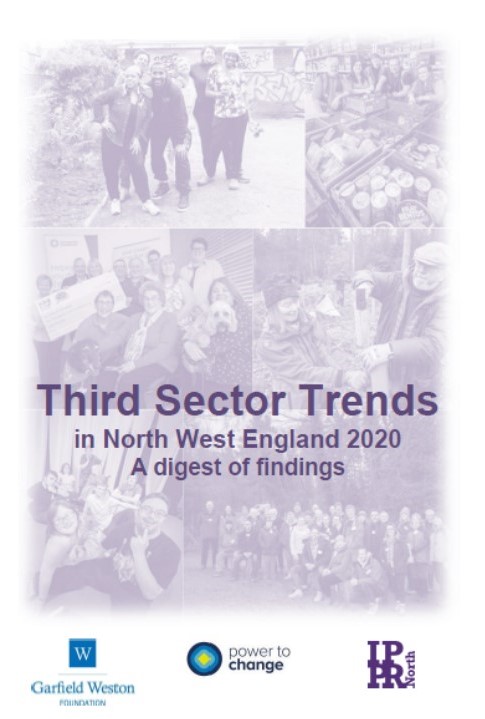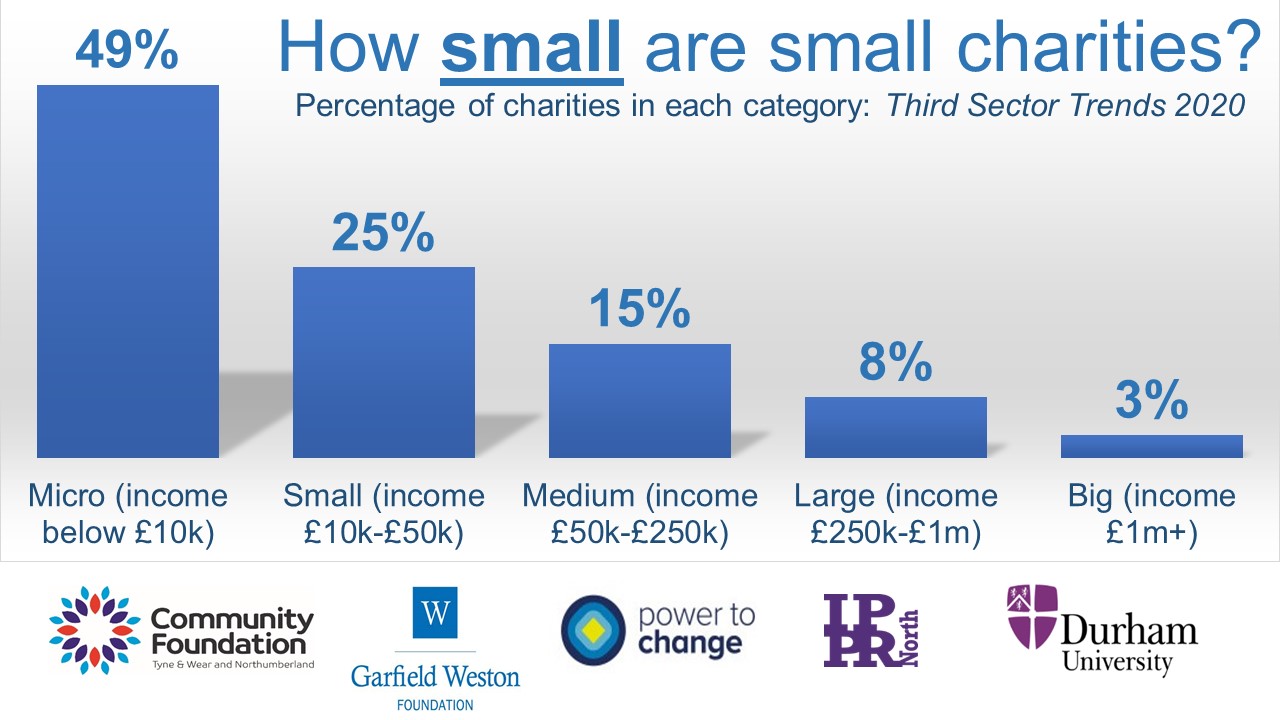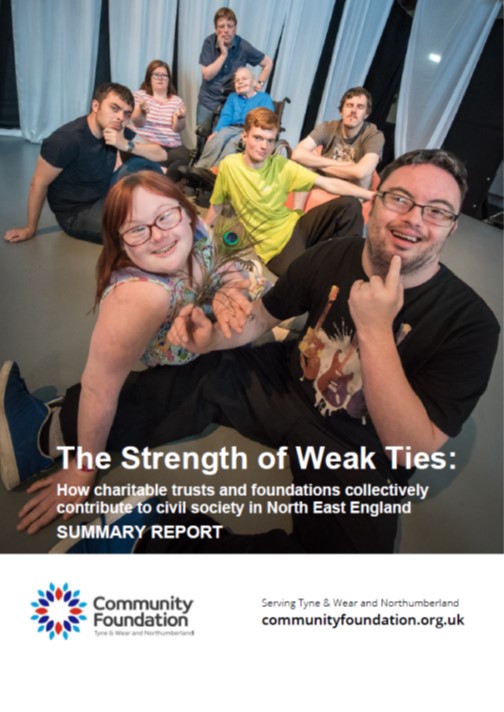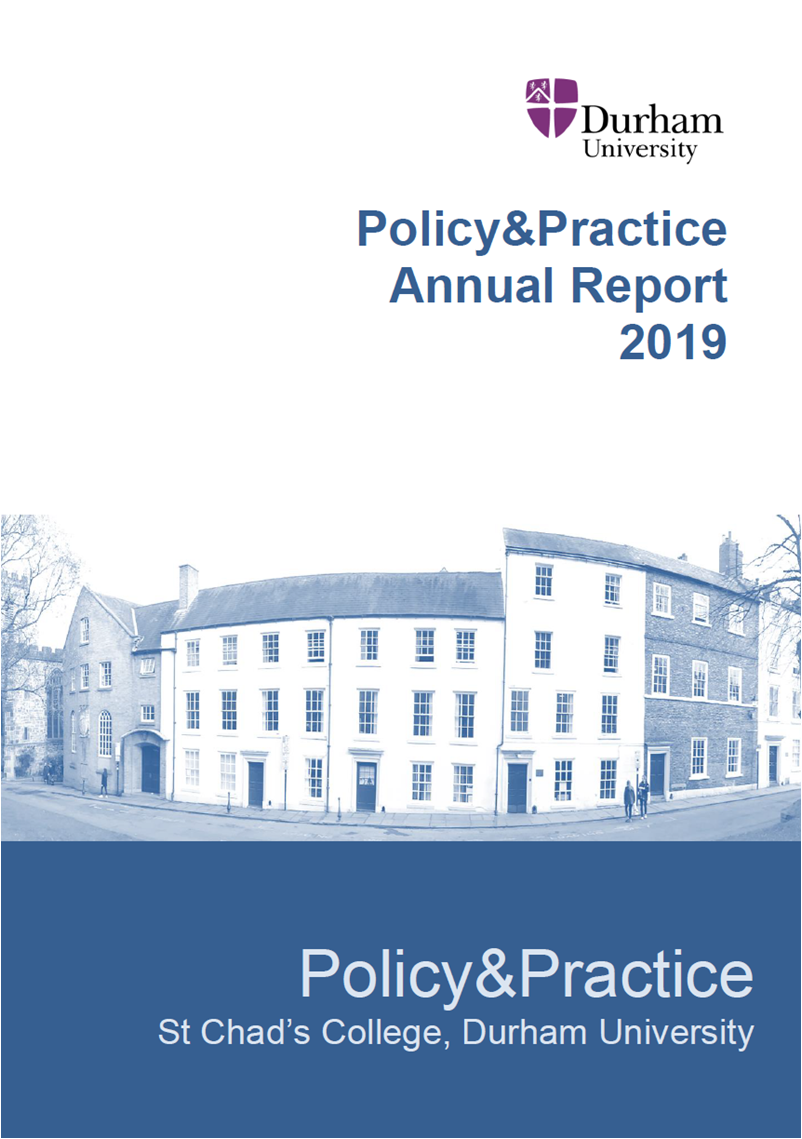Professor Fred Robinson of Policy&Practice, St. Chad’s College, Durham University, looks at the economic outlook for the region – and nation.
Everyone knows that the Covid-19 pandemic has hit the economy hard and that we’re now in a deep recession. The lockdown forced the closure of many businesses, some of which may never reopen.
The Government borrowed heavily and spent money – “whatever it takes” – to keep the show on the road, retain productive capacity and stave off mass unemployment and poverty. But the reckoning will soon come. At the moment it still doesn’t feel too bad – or not as bad as it actually is.
Timely Government intervention masked the impact of the lockdown. Having shut down about a third of the economy, the Government brought in a furlough scheme to pay the wages of nine million people and also introduced measures to support the self-employed and small businesses. But the damage is becoming more apparent.
Unemployment is rising sharply as firms adjust to economic realities and cut jobs. It’s going to be much worse in the autumn when the Chancellor runs down the furlough scheme and the dire economic situation becomes far more evident than it is now. What should we expect over the next few months? There isn’t much optimism around.
The usually sober Bank of England is anticipating the deepest recession in 300 years, with the economy shrinking by 14 per cent in 2020. That would lead to at least a doubling of unemployment, with all the misery that would bring. The Chancellor is warning us to expect a “severe recession, the likes of which we haven’t seen”.
The OECD says the UK economy will contract more than any other developed economy. Of course, we don’t know what the future holds – and the forecasts of economists and politicians are often wrong. It is clear, though, that we are now in a major recession; the question is how and when will we come out of it? There’s an alphabet soup of possibilities.
A few weeks ago, the Bank of England was hopeful that there could be a quick and strong recovery, so this would be a “V-shaped” recession. Now, there’s less talk of such a “bounce back”. The easing of many lockdown restrictions will boost the economy – but that could well be a short-lived rebound, curtailed by rising unemployment and falling wages. Most likely may be a “U-shaped” recession, with months or even several years of little or no growth, then eventual recovery.
Probably worst of all, we might have an “L-shaped” recession, with the economy flat-lining for a long time. Not much better would be a “W-shaped” recession, as the economy is hit by new lockdowns in the wake of outbreaks of Covid-19. Add to all that the Joker in the pack: perhaps a no-deal Brexit.
What’s it to be? Much depends on how the Government responds to the pandemic and to the economic challenges ahead. The Government needs to very carefully scale back the furlough scheme and business support measures, sensitive to the problems of different sectors.
There’s a need to rebuild confidence and avoid flattening the economy by resorting to austerity. There’s a good case for spending public money while interest rates are effectively nil – public investment can get things moving again. Keynesian economics is back in fashion.
What are the prospects for the North-East? This is an unusual recession not just because of its causes and severity, but also its geography. In past recessions the North-East has usually suffered most. This time, the impacts are spread across the country and across many sectors. The North-East will suffer along with the rest of the country, but starting from a position of less favourable economic circumstances than many other areas.
Within our region, some places and some groups may well have a harder time than others. Lower paid workers and the young are particularly vulnerable – they need a strong and quick recovery much more than the professionals in well-paid jobs who’ve been able to work from home. Tourism and the hospitality industries have been particularly hard hit, and tourist destinations in places such as North Yorkshire and Northumberland could struggle to recover.
It’s difficult to be optimistic about the future for High Street retailers or for pubs, cafes and restaurants coping with social distancing measures. Our university cities like Durham and York have been missing the spending power of students – and will take a big hit from reductions in international students next academic year.
There’s talk about the need for a Green Recovery, a fairer tax system and job creation schemes, as part of a programme of progressive social, political and economic reform and revival. Labour says it’s a 1945 moment, a time for radical reconstruction and renewal. A Conservative Government is, however, more concerned to get back to some kind of familiar normality – a hope probably shared by most people.
But the “back to business as usual” recovery is a hard trick to pull off. While the Government’s handling of the pandemic itself has been inept, the response to the economic crisis has, so far, been impressive. The Chancellor now has to get things moving again, somehow rebuilding consumer confidence, and also bringing hope to “left behind” people and places – while coping with the continuing challenges of the pandemic.
It’s a time for imaginative intervention and competent government. Here in the North-East we know what recession is like, how painful and destructive it is. We have to hope that with luck and effective Government action we can avoid a return to the hard times we experienced in the 1980s. A better future is possible.
Fred Robinson is a Professorial Fellow at St Chad’s College, Durham University
First published in the Northern Echo on 4th July 2020. The original article can be found at this address: https://www.thenorthernecho.co.uk/business/18551669.a-time-imaginative-competent-government/




 three sectors
three sectors


